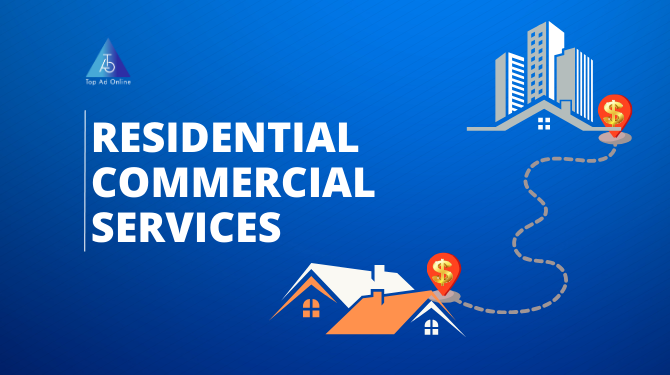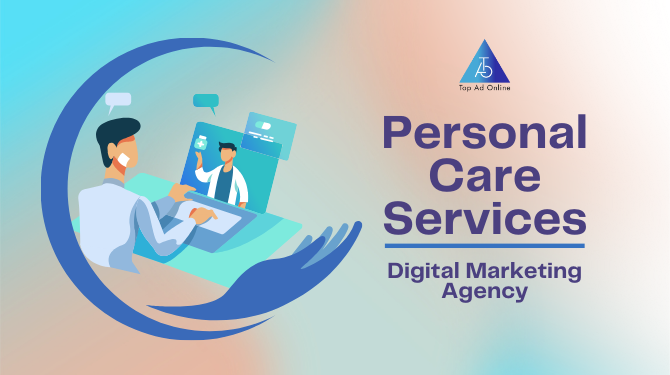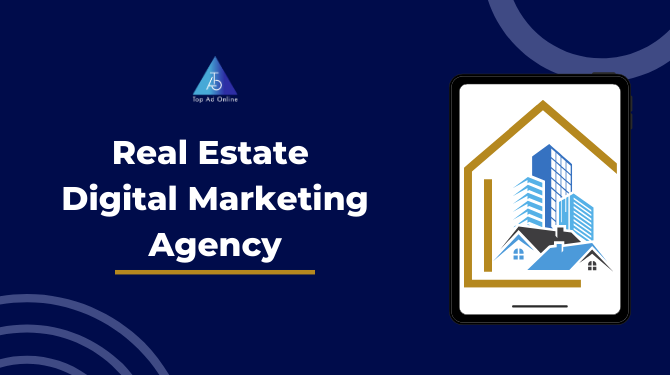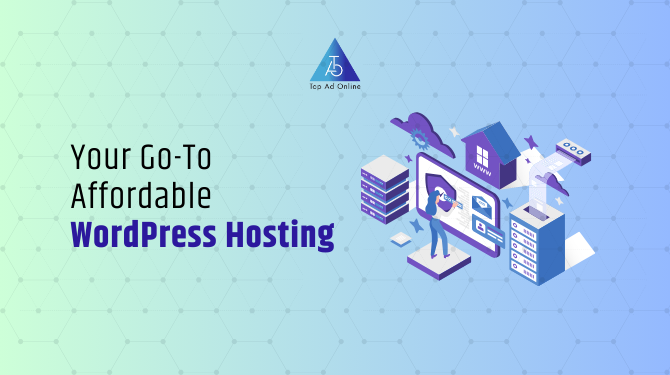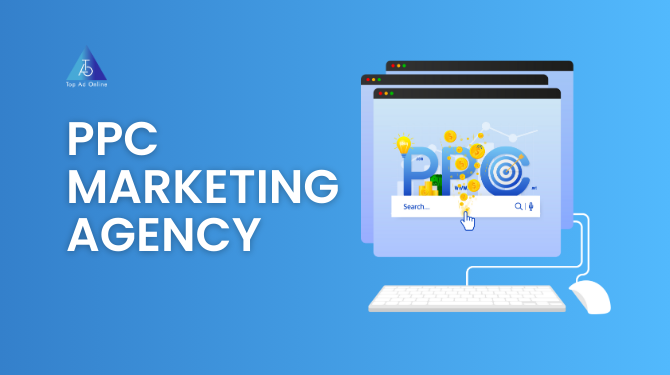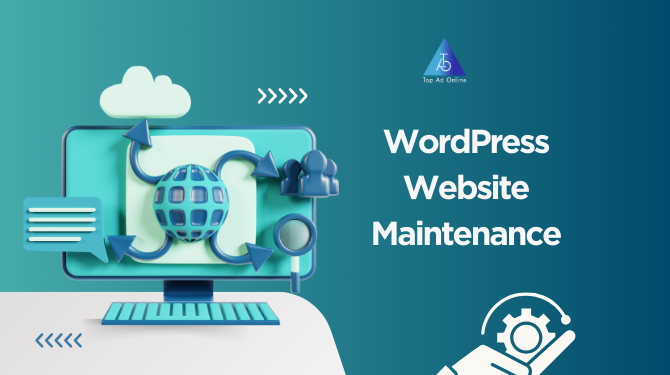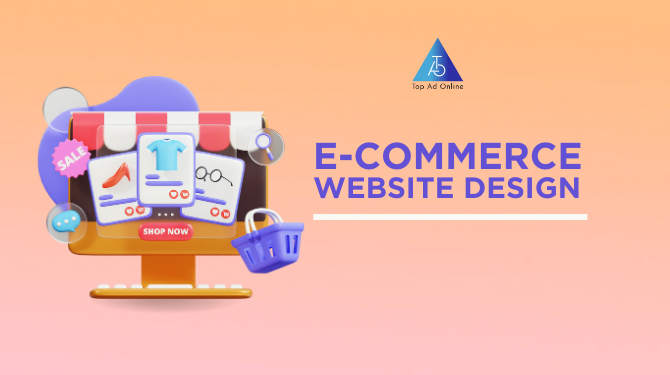Why Choose a Residential Commercial Services Digital Marketing Agency?
In today’s digitally-driven world, businesses operating in the residential and commercial sectors face fierce competition. Whether you’re managing residential properties or running a commercial establishment, establishing a robust online presence is crucial for success. This is where a specialized digital marketing agency tailored to the needs of residential and commercial services becomes indispensable.
Residential services encompass a wide range of offerings, including property management, real estate, home renovation, and landscaping, among others. Similarly, commercial services encompass everything from retail and hospitality to office space management and industrial services. Both sectors require tailored marketing strategies to effectively reach their target audiences and stay ahead in their respective markets.
A digital marketing agency specializing in residential and commercial services can be a game-changer:
Here’s why opting for:
- Industry Expertise: A digital marketing agency focused on residential and commercial services understands the unique dynamics and challenges of these sectors. They possess valuable insights into market trends, customer behavior, and industry-specific best practices, enabling them to craft tailored strategies that yield results.
- Targeted Approach: By leveraging targeted keywords such as “residential services” and “commercial services,” these agencies ensure that your business appears prominently in relevant online searches. This increases visibility among potential clients and drives qualified traffic to your website or physical location.
- Localized Strategies: For businesses operating in specific regions like Fort Lauderdale, localized marketing strategies are paramount. A specialized agency understands the local market dynamics and can tailor campaigns to resonate with the target audience in Fort Lauderdale and surrounding areas.
- Comprehensive Solutions: From search engine optimization (SEO) and pay-per-click (PPC) advertising to social media management and content marketing, residential commercial services digital marketing agency offer a comprehensive suite of services to meet diverse marketing needs. This holistic approach ensures maximum impact across various digital channels.
- ROI-Driven Results: By employing data-driven strategies and analytics tools, these agencies track the performance of marketing campaigns in real-time. This allows for continuous optimization and refinement, ultimately maximizing return on investment (ROI) for residential and commercial clients alike.
- Brand Building and Reputation Management: Building a strong brand presence and maintaining a positive reputation are paramount for residential and commercial businesses. Digital marketing agencies specializing in these sectors employ strategies to enhance brand visibility, manage online reviews, and cultivate a favorable public image.
- Stay Ahead of the Competition: In today’s competitive landscape, staying ahead of the competition is non-negotiable. A specialized digital marketing agency keeps abreast of industry trends and emerging technologies, ensuring that your business remains relevant and competitive in the marketplace.
Key attributes of industry expertise include:
- Specialized Knowledge: Industry experts have in-depth knowledge of the specific industry, including its products, services, processes, and market dynamics.
- Experience: They often have years of experience working within the industry, allowing them to understand its nuances and complexities.
- Market Insight: Industry experts stay informed about market trends, customer preferences, competitor activities, and regulatory changes affecting their industry.
- Problem-Solving Skills: They can effectively address challenges and solve problems within their industry, drawing on their knowledge and experience.
- Networking: Industry experts often have extensive networks within their industry, including connections with other professionals, organizations, and stakeholders.
- Adaptability: They can adapt to changes and disruptions within the industry, leveraging their expertise to navigate uncertainties and capitalize on emerging opportunities.
- Communication Skills: Effective industry experts can communicate complex concepts and insights clearly and persuasively to various audiences, including colleagues, clients, investors, and policymakers.
- Thought Leadership: They may contribute to thought leadership within their industry through publications, speaking engagements, and participation in industry forums and associations.
Here’s how a targeted approach can be applied in different scenarios:
- Marketing: In marketing, a targeted approach involves identifying and segmenting specific audiences based on demographics, behavior, interests, or other criteria. Marketers then create customized messages, offers, and campaigns tailored to each segment to maximize relevance and engagement. This approach can lead to higher conversion rates and return on investment compared to mass marketing strategies.
- Business Development: When expanding into new markets or launching new products/services, businesses often employ a targeted approach. This might involve conducting market research to identify niche opportunities or focusing resources on high-potential customer segments. By concentrating efforts where they are most likely to yield results, businesses can optimize their growth strategies.
- Recruitment: In talent acquisition, a targeted approach entails identifying specific skill sets, experiences, or attributes required for a particular role. Recruiters then focus their efforts on sourcing candidates who meet these criteria, whether through direct sourcing, referrals, or specialized job boards. This approach improves the efficiency of the recruitment process and increases the likelihood of finding the right candidates.
- Personal Development: Individuals can also benefit from a targeted approach when pursuing personal or professional goals. By setting clear objectives and identifying the most relevant actions to achieve them, individuals can optimize their time and resources. This might involve focusing on acquiring specific skills, networking with key contacts, or pursuing targeted learning opportunities.
- Problem-Solving: In problem-solving, a targeted approach involves analyzing the root causes of a problem and devising focused solutions to address them. Rather than applying generic fixes or broad interventions, targeted solutions are tailored to the specific context and nature of the problem. This increases the likelihood of resolving the issue effectively and efficiently.
Here are some key aspects of localized strategies:
- Localized strategies are pivotal for businesses seeking success in diverse markets. Key aspects include comprehensive market research, product adaptation, customized marketing, strategic distribution channels, localized customer service, and compliance with regulations.
- Market research: serves as the foundation, providing insights into demographics, consumer preferences, cultural norms, and competitors’ activities. Armed with this knowledge, businesses can tailor their offerings through product adaptation. This involves modifying features, pricing, or branding to align with local tastes and regulations, thereby enhancing competitiveness.
- Customized marketing: further amplifies relevance and engagement by tailoring messages, channels, and campaigns to local audiences. Translating content, leveraging culturally relevant imagery, and collaborating with local influencers can foster stronger connections and drive higher conversion rates.
- Strategic: distribution channels are essential for ensuring convenient access to products or services. Partnering with local distributors, retailers, or e-commerce platforms with established networks enhances market penetration.
- Localized: customer service plays a vital role in building satisfaction and loyalty. Hiring staff fluent in local languages and familiar with cultural norms, along with providing accessible support channels, fosters trust and reputation within the local community.
- Compliance: with regulations is non-negotiable, requiring an understanding of tax laws, import/export regulations, and product safety standards. By staying compliant, businesses mitigate legal risks and maintain a positive reputation in local markets.In conclusion: embracing localized strategies empowers businesses to navigate diverse markets effectively. Through diligent research, adaptation, targeted marketing, strategic distribution, attentive customer service, and compliance, businesses can thrive and establish themselves as trusted entities in foreign markets.
Here are some key
-
Comprehensive Solutions:
- This involves providing holistic and integrated solutions that address the full scope of a client’s needs or challenges. Instead of offering piecemeal services, a provider of comprehensive solutions identifies all relevant aspects of a problem or opportunity and delivers a unified strategy or set of services to address them.
- For example, in the context of business consulting, a firm offering comprehensive solutions might not only provide strategic advice but also offer implementation support, training, and ongoing monitoring to ensure the client achieves sustained success.
-
ROI-Driven Results:
- This refers to a focus on delivering tangible returns on investment (ROI) for clients or stakeholders. It means prioritizing activities, strategies, or initiatives that are likely to generate measurable and positive outcomes in terms of revenue, cost savings, efficiency gains, or other key performance indicators.
- For instance, a marketing agency might emphasize ROI-driven results by implementing data-driven campaigns, optimizing advertising spend, and tracking conversions to demonstrate the impact of their efforts on the client’s bottom line.
-
Brand Building and Reputation Management:
- Brand building involves shaping and enhancing the perception of a brand among its target audience. It encompasses activities such as defining brand values, crafting compelling messaging, designing visual identities, and engaging with stakeholders to cultivate brand loyalty and advocacy.
- Reputation management focuses on monitoring, protecting, and enhancing a brand’s reputation in the eyes of the public, customers, and other stakeholders. This may involve addressing negative feedback or crises swiftly, promoting positive stories and testimonials, and maintaining transparency and authenticity in communications.
-
Stay Ahead of the Competition:
- This involves continuously monitoring the competitive landscape, anticipating industry trends, and proactively innovating or adapting strategies to maintain a competitive edge. It requires a mindset of constant improvement and agility to respond effectively to changing market dynamics and emerging threats or opportunities.
- Strategies for staying ahead of the competition may include investing in research and development, fostering a culture of innovation within the organization, benchmarking against industry peers, and regularly evaluating and refining business strategies and tactics.
Contact Top Ad Online at admin@topadonline.com
or give them a call at +1 (954) 420-7759 to start your web design adventure today!
